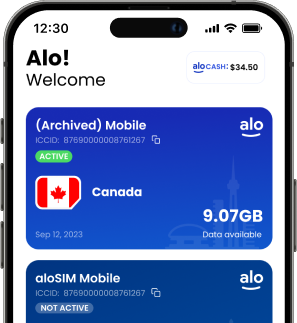Steeped in history and rooted in Buddhist traditions, Songkran, the traditional Thai New Year festival, is a time of renewal, reflection, and joyful celebration that takes place on April 13 every year.
Derived from the Sanskrit word “saṃkrānti,” which means “to move” or “to change,” Songkran represents a time of transition and renewal. It is a moment to bid farewell to the old and welcome in the new with the symbology of the cyclical nature of life and the perpetual flow of time taking center stage as we begin celebrating Songkran.
Whether planning a first time visit or returning home to celebrate with family, travellers can look forward to celebrating Songkran, a festival with deep religious significance during which individuals engage in activities such as almsgiving, temple visits, and the pouring of scented water over Buddha statues, which serves as a symbol of cleansing and purification. These rituals are reminders of the importance of spiritual renewal as well as the pursuit of inner peace and harmony.
A more playful side of celebrating Songkran, beyond the spirituality, is the additional celebration that takes the form of a giant water fight.
Across Thailand, streets transform into sprawling water-sprayed battlegrounds as revellers armed with squirt guns and hoses engage in friendly water fights during celebrating Songkran, which offer the bonus of helping to beat the April heat. It is a time for laughter, camaraderie, and uninhibited fun. Share the fun with a video call home or share your photos of all the events with a Thailand eSIM from aloSIM.
Seeking good luck for the year, individuals splash water to represent the washing away of misfortune. Others buy fish and caged birds with the intention of setting them free as part of the ceremony hoping that such compassionate acts will further cleanse them of bad luck. Away with the misfortune comes an ushering in of blessings and prosperity to carry them into the coming year.
Citizens and visitors alike can also look forward to celebrations beyond those of religious significance.
Songkran serves as a powerful catalyst for strengthening community ties and fostering social cohesion, with families gathering to pay respect to elders, seek blessings from monks, and participate in traditional ceremonies together. Additionally, individual communities organize parades and performances, creating opportunities for people to come together and celebrate their shared heritage.
For Thai citizens travelling or living abroad or those unable to return home for the festival, Songkran holds special significance as a time to reconnect with their roots and preserve their cultural identity. Whether through virtual celebrations, local gatherings with the Thai diaspora, or at family gatherings, the spirit of Songkran transcends borders and unites people in a shared sense of belonging and pride.





